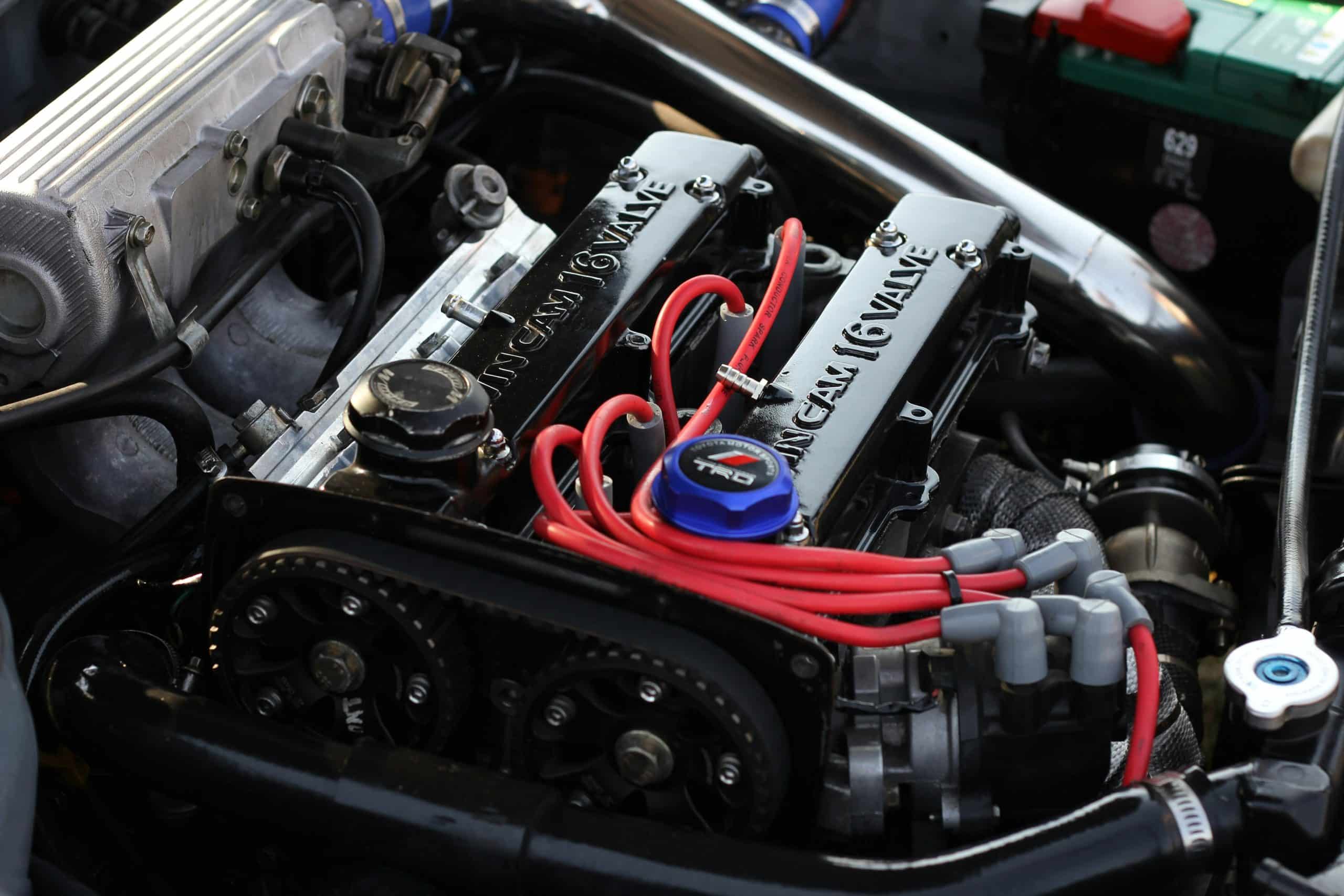How to Enhance Engine Performance with ECU Tuning?

ECU tuning, or remapping, is a term that many car enthusiasts are familiar with. Although it may sound like a complex process, it simply refers to adjusting the software settings of a vehicle’s Engine Control Unit (ECU). The ECU is the brain of your car’s engine, controlling key parameters such as fuel-air mixture, ignition timing, and turbocharging pressure. By fine-tuning these settings, you can enhance your vehicle’s performance and efficiency. In this article, we delve into the intricacies of ECU tuning and how it can help boost engine power, increase torque, and offer a better driving experience.
Understanding the ECU and Its Role in Engine Performance
Before we delve into the specifics of ECU tuning, it is essential to understand what an ECU is and how it influences your car’s performance. The Engine Control Unit is a small computer in your vehicle that monitors and controls several key aspects of engine function. These include fuel injection, ignition timing, and air intake, all of which significantly impact the engine’s performance, horsepower, and torque.
A lire aussi : What Are the Benefits of a Rear Wing on Sports Cars?
The ECU receives data from numerous sensors around the vehicle, and it uses this information to adjust the engine’s settings for optimal efficiency and performance. However, these factory settings are often conservative, prioritizing aspects like fuel economy and emission control over outright performance. This is where ECU tuning comes in. By adjusting these settings, performance enthusiasts can unlock their vehicle’s true potential and take their driving experience to the next level.
Performance Benefits of ECU Tuning
When done correctly, ECU tuning can significantly enhance your vehicle’s performance. One of the main goals of ECU tuning is to increase your engine’s power and torque. By adjusting the fuel-air mixture and the ignition timing, you can achieve a more potent combustion process, leading to an increase in horsepower and torque. This will undoubtedly lead to a more responsive and engaging driving experience.
A lire en complément : How to Select the Best Car Alarm System?
Moreover, ECU tuning can also help improve your vehicle’s fuel efficiency. By optimizing the fuel-air mixture, your engine can extract more power from each drop of fuel. This can result in improved fuel economy, especially when driving at a constant speed on the highway. It’s important to note, though, that your driving style will greatly influence fuel economy. If you’re continually pushing your car to its limits, your fuel consumption will undoubtedly increase.
The ECU Tuning Process
The process of ECU tuning involves remapping the software settings of your vehicle’s engine. This is done using specialized software that can read, interpret, and modify the ECU’s data. Ideally, this process should be undertaken by a professional tuner who understands the intricacies of engine management systems.
The first step in ECU tuning is to read the existing map from the ECU. This is a set of instructions that dictates how the engine should operate under various conditions. Once this map is obtained, it is then analyzed to identify areas that can be adjusted for improved performance.
The next step is to modify the map. This involves adjusting the parameters that control aspects like fuel injection, ignition timing, and air intake. Once these adjustments are made, the new map is then written onto the ECU.
It’s important to note that every vehicle is unique, and what works for one car may not work for another. Therefore, it is essential to approach ECU tuning on a case-by-case basis, considering factors like the vehicle’s current condition, intended use, and the driver’s preferences.
Risks and Considerations with ECU Tuning
While ECU tuning can offer significant performance gains, it is not without its risks. Altering the factory settings of your vehicle’s engine can lead to increased wear and tear, particularly if the adjustments are not done correctly. Over-boosting the engine, for instance, can lead to overheating and potentially severe damage.
Moreover, ECU tuning can also void your vehicle’s warranty. Most manufacturers stipulate that any modifications to the engine management system will void the warranty, leaving you to cover any repair costs out-of-pocket.
Lastly, it’s worth noting that ECU tuning may not be legal in all jurisdictions. Some regions have strict regulations on vehicle modifications, particularly those that can affect emissions. Therefore, it’s crucial to check local regulations before proceeding with ECU tuning.
In conclusion, ECU tuning is a powerful tool for enhancing your vehicle’s performance. However, it should be approached with care and ideally undertaken by a professional tuner. With the right knowledge and expertise, you can unlock your vehicle’s true potential, offering a driving experience like no other.
Improving Fuel Efficiency with ECU Tuning
To truly reap the benefits of ECU tuning, understanding how it can significantly improve your vehicle’s fuel efficiency is crucial. We know that the ECU is the mastermind behind your engine’s performance, controlling key parameters such as the air-fuel mixture and ignition timing. However, one often overlooked aspect of its function is its influence on your car’s fuel economy.
The factory settings in your ECU are generally aimed at achieving a reasonable balance between performance and fuel economy. However, these settings are frequently conservative, rather focusing more on meeting emission standards and enhancing the lifespan of the engine. The result is a vehicle that uses more fuel than necessary under certain driving conditions. ECU remapping can fine-tune these settings, allowing your engine to use fuel more efficiently.
During the tuning remapping process, the air-fuel ratio, ignition timing, and turbo boost pressure can be adjusted to extract more power from each drop of fuel. This means that your vehicle uses less fuel to generate the same amount of power, improving your fuel efficiency. However, it needs to be noted that your driving style also plays a significant role in determining fuel economy. If you are constantly pushing your vehicle to its limits, even the most efficient engine settings won’t save you from frequent trips to the gas station.
Concluding Remarks on ECU Tuning for Enhanced Performance
In the world of performance car enthusiasts, ECU tuning has emerged as a potent tool to unlock a vehicle’s true potential. It offers an incredible opportunity to optimize your engine settings for peak performance, increasing horsepower torque, and enhancing the overall driving experience. Furthermore, it can also lead to improved fuel efficiency, enabling you to extract more power from each drop of fuel.
However, it is paramount to approach ECU remapping with caution, as improper adjustments can lead to increased wear and tear, potentially void the vehicle’s warranty and even lead to legal complications. Therefore, it is advised to always seek professional help when considering ECU tuning for your vehicle. A skilled professional, adept in engine tuning and familiar with your car’s unique requirements, can ensure a safe and effective tuning process.
In sum, whether you’re looking to gain that extra boost in power and torque or aiming for a more fuel-efficient ride, ECU tuning has much to offer. Just remember to approach it responsibly, keeping your vehicle’s health, legal considerations, and your driving habits in mind. With careful implementation, you can fully harness the benefits of ECU tuning, taking your driving experience to a whole new level.
